Grenfell Tower inquiry: Ex-minister denies not prioritising safety
- Published
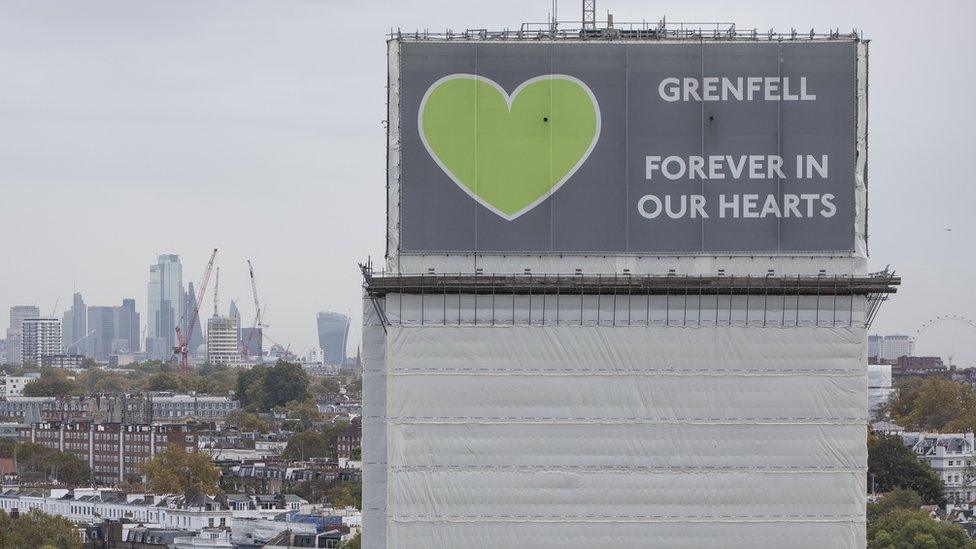
A former Conservative minister has denied his government department prioritised cutting red tape over tightening fire safety in the years before the Grenfell Tower fire.
The government failed to complete a review of fire safety guidance before the disaster in June 2017.
This was despite evidence it was encouraging the use of dangerous building materials.
Ex-minister Lord Wharton said he was advised the review should be delayed.
Seventy-two people died in the fire in a west London tower block.
The initial report into the Grenfell fire was published in October 2019, following the conclusion of the first part of the inquiry. It looked at the events of the night of the fire, focusing on the fire itself, how it started and spread, and the emergency response to it.
The second part is now examining the causes of these events, including how the tower block came to be in a condition which allowed the fire to spread.
Appearing before the Grenfell public inquiry on Thursday,, external Lord Wharton - the minister responsible for building regulations at the time - said officials suggested delaying the review as part of a wider rewrite of the regulations.
Government documents shown at the inquiry suggest the priority was removing red tape, and simplifying the rules, rather than urgently tightening the requirements for tall buildings.
The government review was prompted by recommendations following the deaths in 2009 of six people in a fire at Lakanal House, a tower block in south London.
An inquest coroner, Francis Kirkham, heard evidence that building designers were struggling to answer "relatively straightforward questions" about the safety of materials used to construct housing blocks, including Lakanal House.
Approved document B, detailing how builders could comply with the building regulations for fire safety, was a "difficult document to use", she said.
A key section, at the centre of the inquiry's investigation of the causes of Grenfell, did not explicitly prevent the use of combustible cladding. Another clause appeared to allow its use on tall towers.
In 2013 the coroner recommended the government rewrite the document in more "intelligible" language.
The housing secretary at the time - Eric Pickles - agreed to change the wording of the guidance by early 2017.
However in 2015 and 2016 the progress of the review was delayed several times.
Internal housing ministry documents suggest the priority was not tightening the requirements for building materials, but removing red tape, simplifying the rules and reducing the burden on the construction industry.
This would have meant a much more detailed rethink of the regulations.
A presentation to James Wharton, now Lord Wharton - the newly-appointed minister for local growth and the Northern Powerhouse, placed "deregulation and simplification" first in the list of "key drivers for making changes to the building regulations".
Banning dangerous building materials was not mentioned.
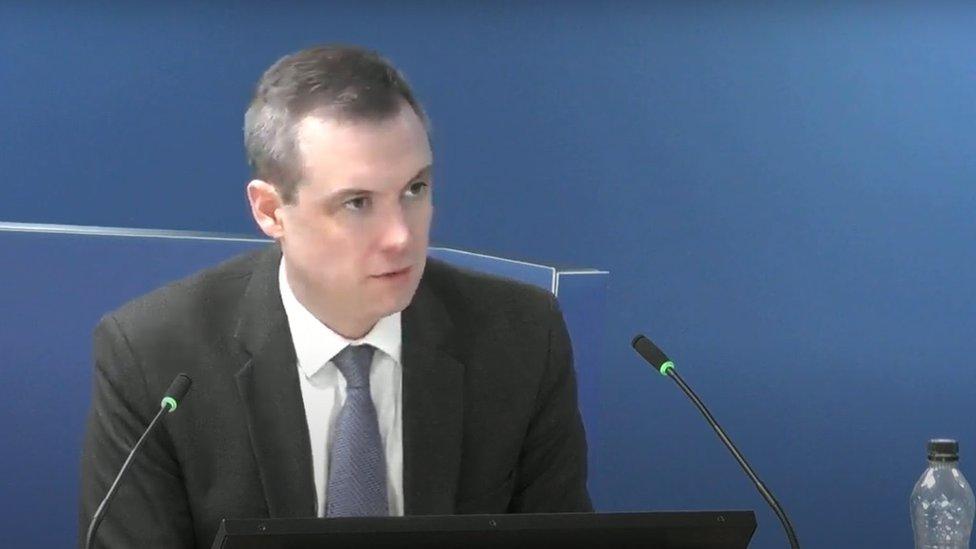
Lord Wharton defended the decision to delay the review of fire safety guidance
Lord Wharton told the inquiry he had no personal expertise in fire safety and relied on his officials who told him that the number of fires was falling, and it was better to do a longer and more detailed review of the regulations and guidance.
He was asked by inquiry barrister Richard Millett whether he had been "fed a line" by his officials who were trying to cover up their "glacial progress" in carrying out the review.
He told the inquiry: "From the briefings I had, my understanding was that the system was fit for purpose and the building regulations were working well but improvements could and would be made."
Briefings he received about flammable materials were "reassuring in nature", he explained.
However, throughout a day of questioning, he was repeatedly asked why he had not realised the urgency of the changes needed, which had been recommended by the coroner two years before he took over as minister.
He said, repeatedly, that he "couldn't recall" many of the details of his thinking or actions at the time.
Lord Wharton defended the decision to delay the building regulations review despite consistent pressure from the All Party Parliamentary Fire Safety and Rescue Group, which met and wrote to him with warnings of the risks.
The group's chairman, the late Sir David Amess MP, said in a letter on 1 December 2015 that the problems with the approved document guidance on fire safety may be "compromising both life and socio-economic safety".
"Today's buildings have a much higher content of readily available combustible material," he wrote. "This fire hazard results in many fires because adequate recommendations to developers simply do not exist."
"There is little or no requirement to mitigate external fire spread."
Lord Wharton said he committed to including the group's views when reviewing the guidance but wanted to go no further for fear of "pre-empting the process".
In hindsight, he said he didn't "always get the full picture of concerns that were raised in areas for which I had responsibility".
In the end, the review had not been completed when flames engulfed Grenfell Tower on 14 June 2017.
It had been refurbished using flammable cladding and insulation which had been signed off by the council's building control inspectors.

IS THIS WHY YOU AREN'T GETTING THE JOB?: The new world of computer-automated recruitment
VIOLENCE, INTIMIDATION AND FEAR: The 'county lines' drug networks infiltrating rural areas

Related topics
- Published14 June 2020
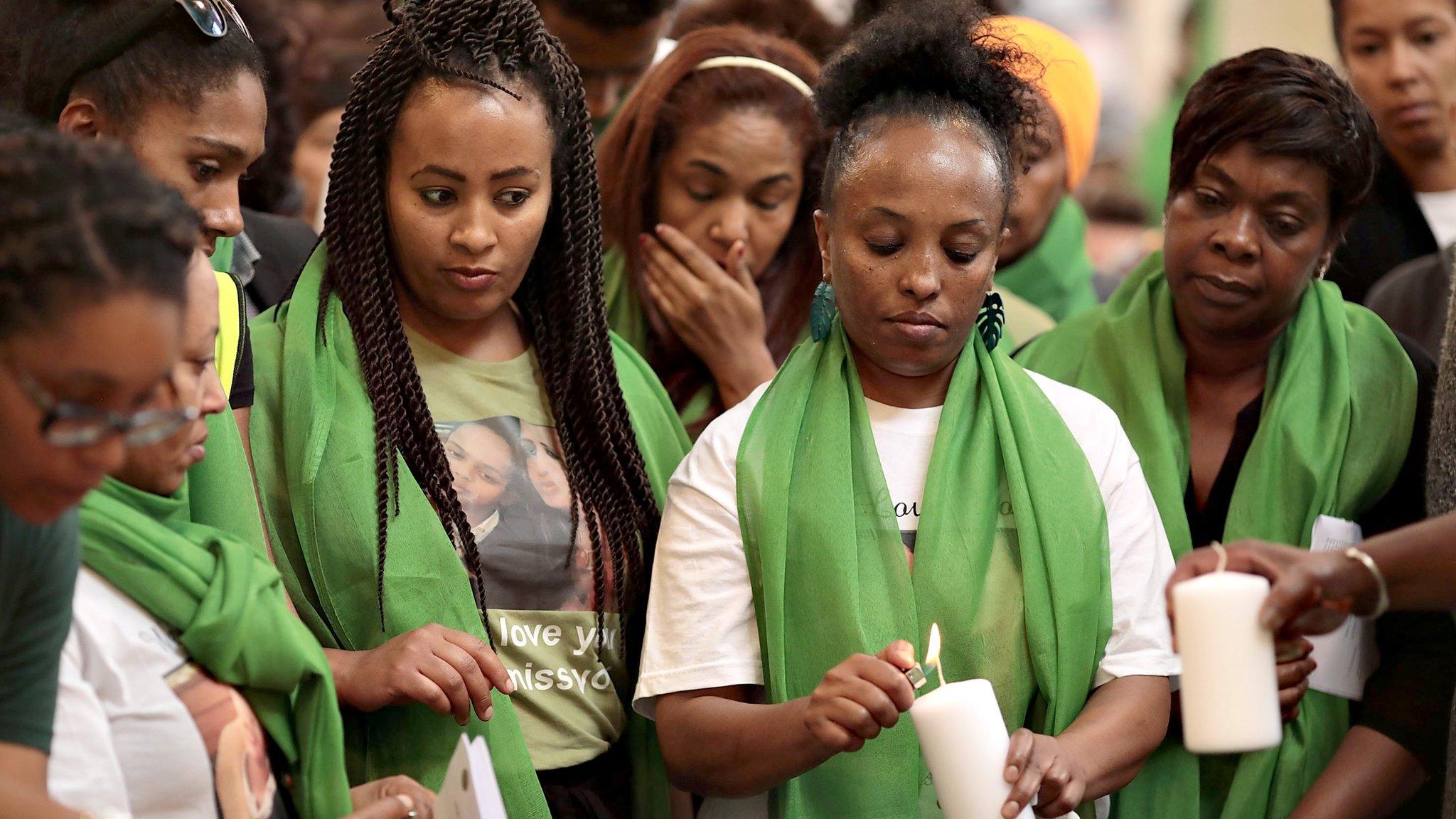
- Published18 May 2018
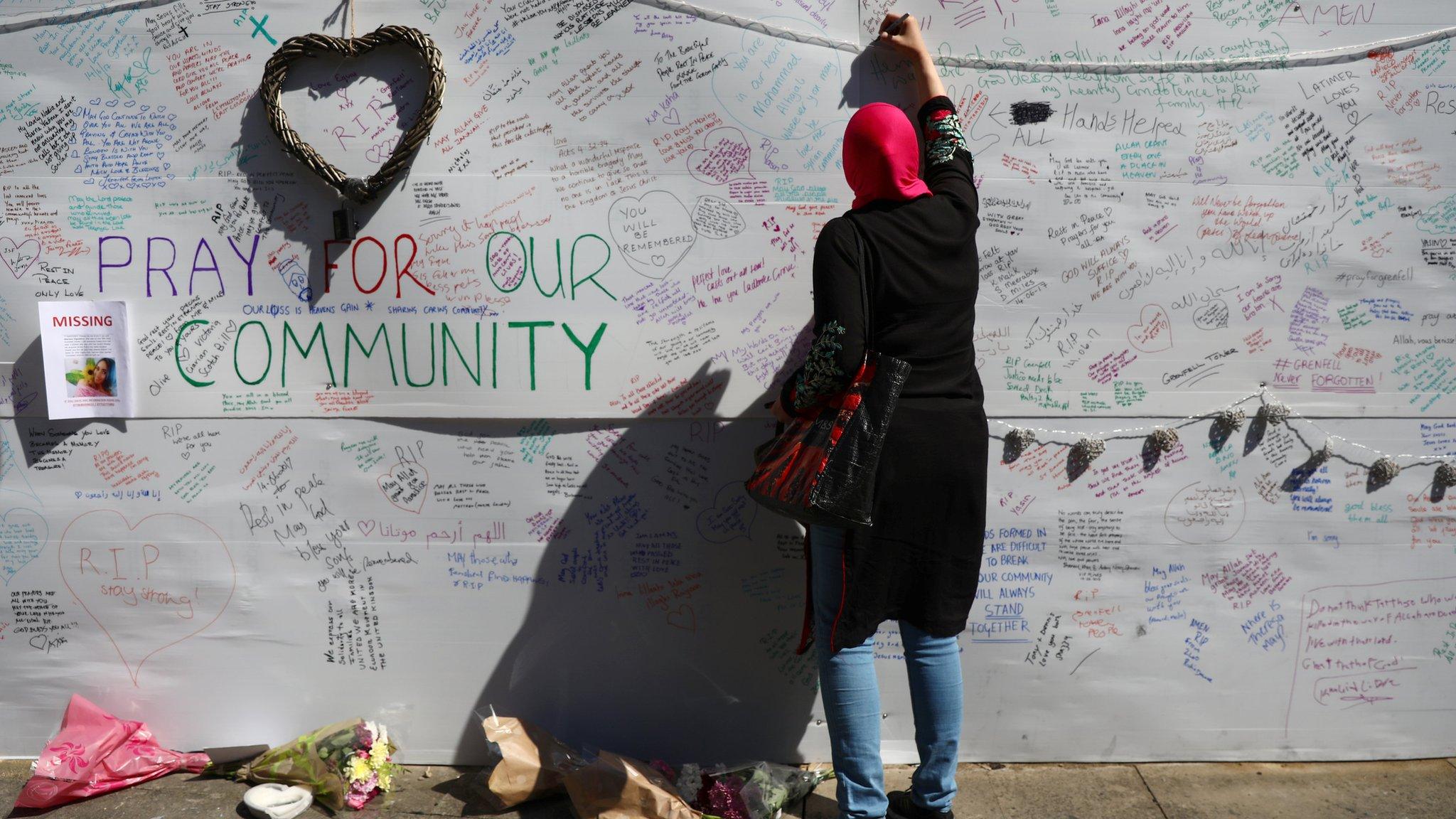
- Published30 March 2022
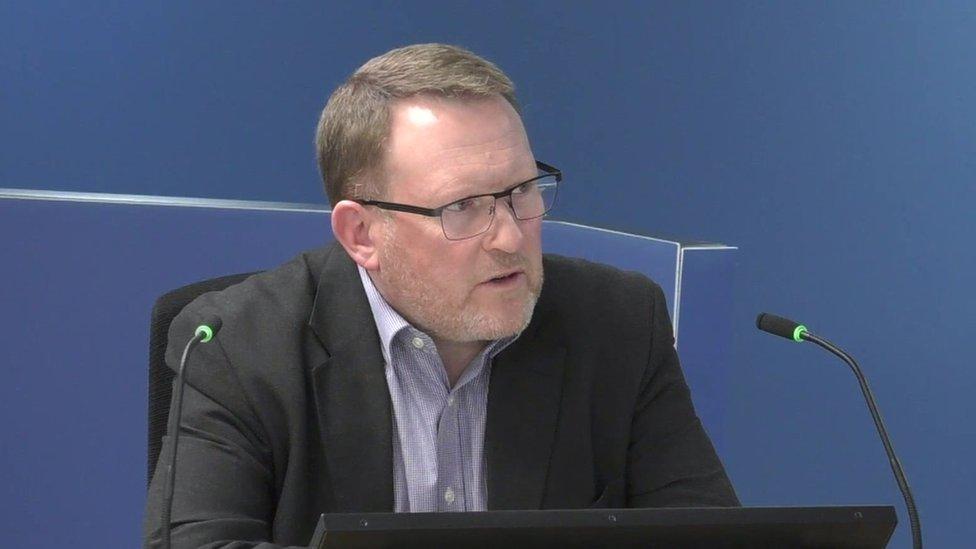
- Published30 October 2019